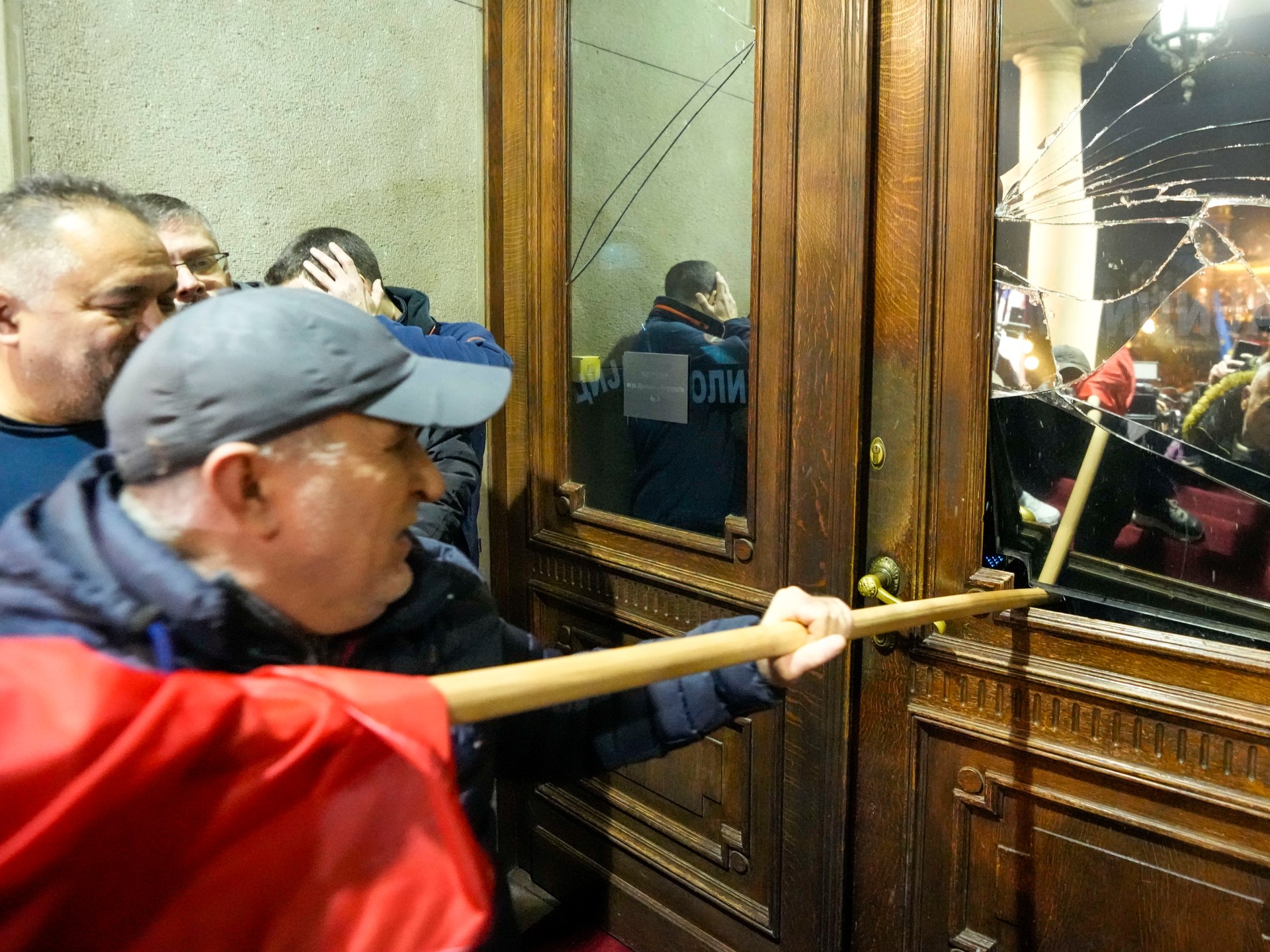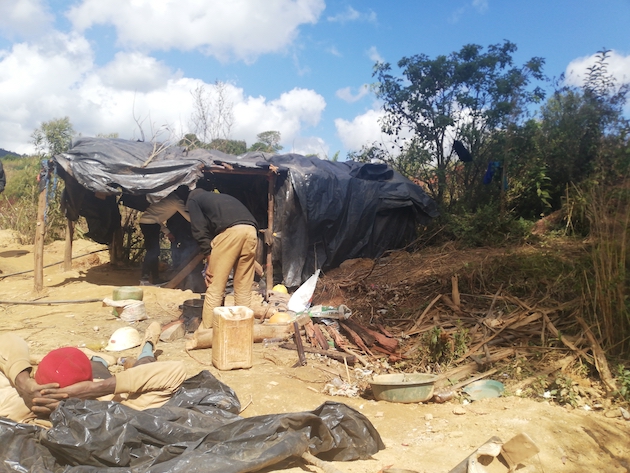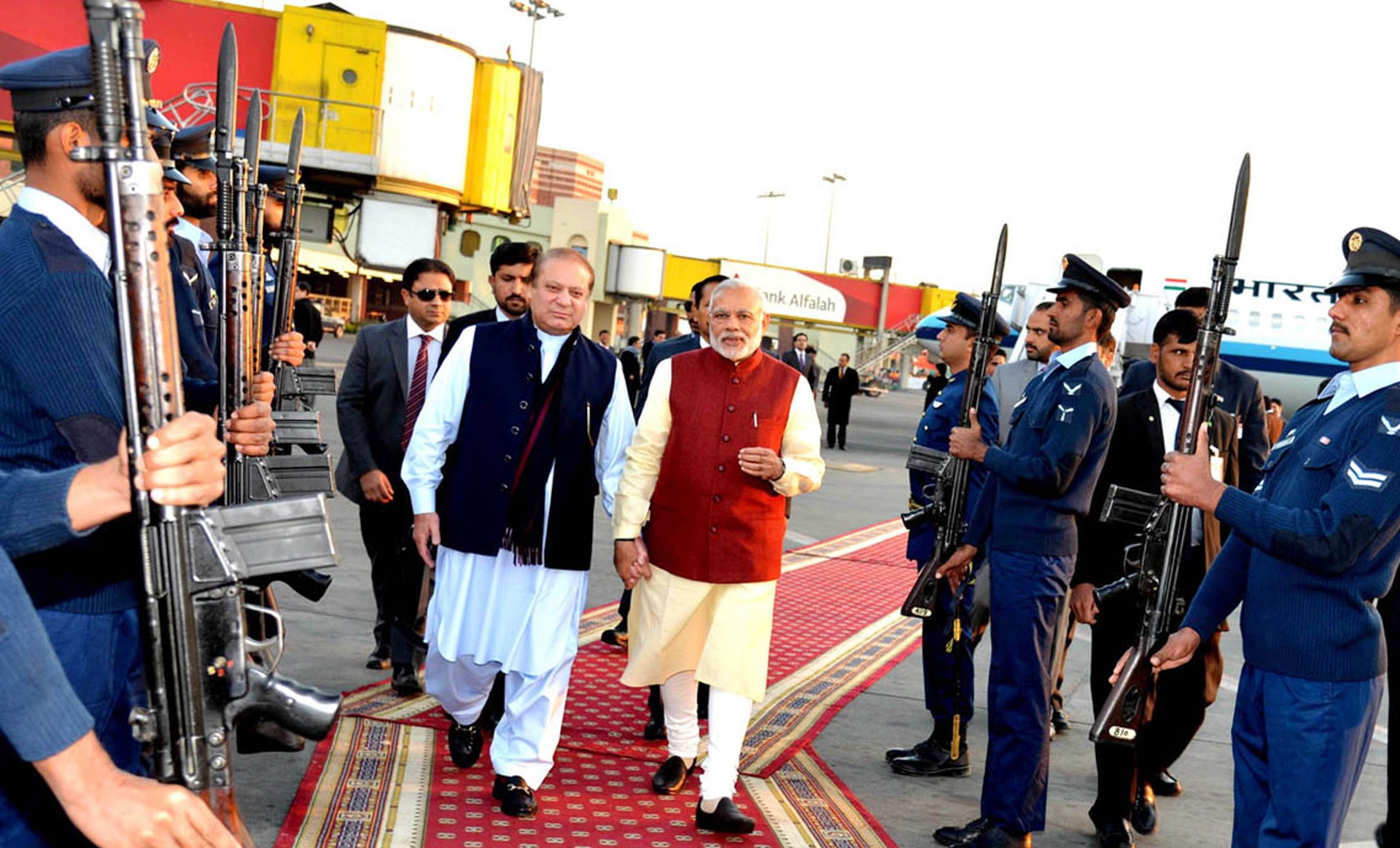Marcos Jr welcomes US support as Blinken and Austin arrive in Philippines | South China Sea News
Manila and Washington have grown closer amid increasing tension with Beijing in the disputed South China Sea.
Philippines President Ferdinand Marcos Jr has welcomed US Secretary of State Antony Blinken and Defence Secretary Lloyd Austin to Manila, stressing the need for regular and open engagement between Manila and Washington to ensure an “agile” response amid continuing tension in the disputed South China Sea.
Marcos has moved the Philippines closer to the United States since replacing Rodrigo Duterte in 2022.
On Tuesday, he greeted Blinken and Austin at the Malacanang Palace ahead of meetings with their Filipino counterparts, Enrique Manalo and Gilberto Teodoro. It is the first time Manila has hosted the so-called “2+2” meetings between the two countries.
“I’m always very happy that these communication lines are very open so that all the things that we are doing together, in terms of our alliance, in terms of the specific context of our situation here, in the West Philippine Sea and in the Indo-Pacific, are continuously examined and re-examined so we are agile in terms of our responses,” Marcos said.
Blinken said the talks were evidence of “a steady drum beat, a very high level of engagements between our countries”.
“We are truly grateful for this partnership,” Blinken told Marcos.
The Philippines is one of several Southeast Asian nations that claim parts of the South China Sea and tensions with China, which claims almost the entire waterway, have risen sharply over the past year.
Second Thomas Shoal, which lies about 200km (124 miles) from the western Philippine island of Palawan and more than 1,000km (620 miles) from China’s southern Hainan island and where Manila carries out regular resupply missions to a ship that it grounded there in 1999, has emerged as a key flashpoint.
Last month, a Filipino sailor lost a finger after a confrontation that Manila described as “intentional-high speed ramming” by the Chinese coastguard.
While Manila turned down US offers of assistance, it reached a “provisional arrangement” with China this month to manage differences, but the details of the deal have not been released.
State Department spokesman Matthew Miller said Blinken and Austin discussed with Marcos “their shared commitment to upholding international law in the South China Sea”, with the US officials reiterating the US’s “ironclad commitments to the Philippines” under the two countries’ Mutual Defence Treaty.
Blinken and Austin travelled to Manila after talks with their counterparts in Japan, another key US ally in the region, where they announced an upgrade of the US military command in Japan and labelled China the “greatest strategic challenge” facing the region.
That visit also included a meeting of foreign ministers from the so-called Quad grouping that includes the US, Japan, Australia and India. The group condemned China’s actions in the South China Sea where it has become increasingly assertive despite an international court ruling in 2016 that its claims had no legal merit.
China’s Ministry of Foreign Affairs hit back at Washington and Tokyo over the Quad statement saying its actions constituted “normal military development and national defence policy” and accusing the Quad of “artificially creating tension, inciting confrontation and containing the development of other countries”.
The Pentagon has said US officials will also announce $500m in foreign military financing for the Philippines during the visit, part of $2bn in aid for Asian Pacific countries the US Congress sees as “confronting Chinese aggression”.
The Pentagon has also proposed spending $128m on infrastructure improvements at Philippine bases accessible to US forces under the Enhanced Defence Cooperation Agreement (EDCA). There are now nine sites under EDCA, after Manila agreed last year to add four new sites, including three in the north that are seen as particularly important in the event of China invading Taiwan, the democratic island Beijing claims as its own.
The US and the Philippines have also been negotiating an intelligence-sharing deal known as a General Security of Military Information Agreement, which they had aimed to reach by the end of 2023 but have not yet concluded.
Check out our Latest News and Follow us at Facebook
Original Source







